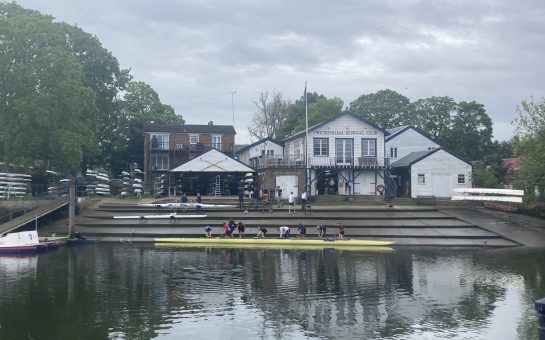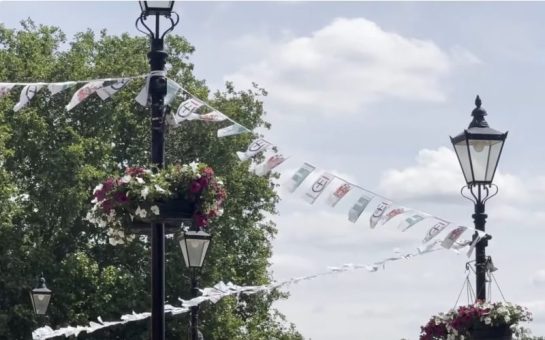The Department for Environment, Food and Rural Affairs (Defra) has said it is not considering a cull of the UK’s ring-necked parakeet population and insisted it would be incorrect to suggest otherwise.
A number of new general licenses came into effect on 1 January, which allow users to kill certain species of wild birds for a range of defined purposes.
The license ruling led to a number of media reports which suggested the birds would fall under this category, and as such could be culled in order to protect native species.
“While ring-necked parakeets are one species which could be considered for control under general licences this should not be taken as implying that Defra is planning a parakeet cull,” a Defra spokesperson said.
There are a large number of different theories detailing how the birds arrived here, ranging from George Michael to a London film studio or even Jimi Hendrix but lack of evidence makes it difficult to pinpoint one particular cause.
London has the largest population of the species, which originate from Africa and South Asia in the UK, with Richmond Park becoming a popular location for the birds throughout time.
A study carried out by Goldsmith’s University in 2016 showed that there were more than 8,500 breeding pairs in the UK.
A Royal Parks Spokesperson said: “We monitor wildlife to ensure all species in the park’s ecosystems can co-exist and thrive. Our observations show that parakeets may compete with other bird species, and they eat buds and seeds from trees. But numbers of these birds in the parks are relatively stable so we have no plans to actively manage this species.
“Millions of people visit our parks every year and behaviour can impact the balance of the delicate ecosystems so we ask people not feed these attractive birds even though it is tempting, as this can favour their survival over other species.”
Long-standing Parakeet enthusiast and author of The Parakeeting of London: An Adventure in Gonzo Ornithology Nick Hunt, feels the latest update is a good decision.
He said: “From the conversations I’ve had with ecologists and ornithologists, they don’t seem to think a cull is necessary or healthy.
“Parakeets could conceivably be a problem in the future, but at the moment it seems there are no grounds to pursue a large-scale cull. There is no evidence that shows they are having a detrimental effect on native British birds.
“It’s no fault of theirs that they are here. I don’t have a right to say they should or shouldn’t be here. They are doing well, and part of me can’t help but be happy at a time when there is so much ecological decline.
“They’ve established themselves well. Experts think they are here to stay. I can’t imagine that a cull would even be able to get rid of them all.”
Since their arrival, the parakeets have spread all over the UK, and have even been spotted in as far-reaching locations as Northern Ireland and Scotland.
Parakeets are known as generalist feeders, meaning they feed on a variety of different foods throughout the year.
They have been criticised for outcompeting native birds due to their efficient feeding technique, and sometimes aggressive nature, which means they often get what they want.
“The problems facing native British birds are not due to parakeets. It’s due to people. It’s all the stuff we’re doing – pollution, habitat loss, pesticide loss, climate change. It’s a scapegoat to point at a few thousand green birds and say it’s their fault,” Hunt added.




